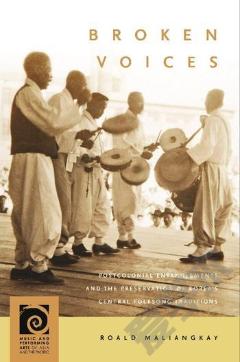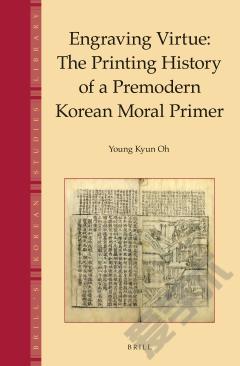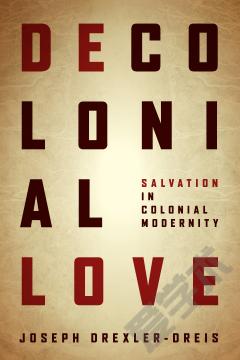Broken Voices: Postcolonial Entanglements And The Preservation Of Korea's Central Folksong Traditions
Broken voices is the first english-language book on korea's rich folksong heritage, and the first major study of the effects of japanese colonialism on the intangible heritage of its former colony. Folksongs and other music traditions continue to be prominent in south korea, which today is better known for its technological prowess and the korean wave of popular entertainment. In 2009, many koreans reacted with dismay when china officially recognized the folksong arirang, commonly regarded as the national folksong in north and south korea, as part of its national intangible cultural heritage. They were vindicated when versions from both sides of the dmz were included in unesco's representative list of the intangible cultural heritage of humanity a few years later. At least on a national level, folksongs thus carry significant political importance. But what are these korean folksongs about, and who has passed them on over the years, and how? broken voices describes how the major repertoires were transmitted and performed in and around seoul.
{{comment.content}}








 京公网安备 11010802027623号
京公网安备 11010802027623号